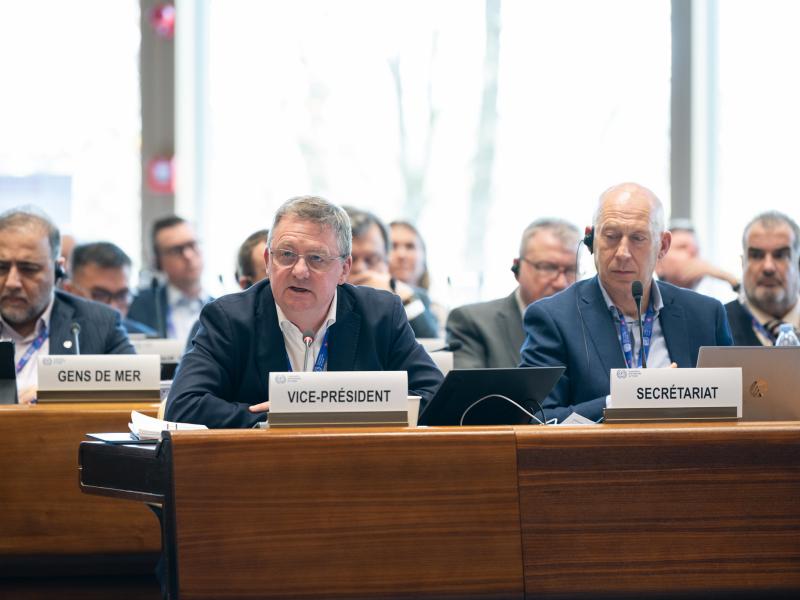Unions in Luxembourg finally reached an agreement with management last week in a long-running dispute around collective working agreements for aviation workers.
The ITF and ETF-affiliated Confederation of Independent Trade Unions of Luxembourg (OGBL) and the ETF-affiliated Luxembourg Confederation of Christian Trade Unions (LCGB) have been involved in a dispute with Cargolux and Luxair since last autumn, when the majority state-owned companies sold shares at a loss to Qatari investors. At the same time, employees’ agreements were cancelled, and new agreements contained salary cuts, longer working hours, and greater flexibility.
Having campaigned for almost a year, the OGBL and LCGB met with company management last week. Luxair and Cargolux agreed to reinstate the original agreements, and that workers will have a voice in deciding productivity and efficiency initiatives. Further, there will be a pilot 'off-day pool' scheme to keep airplanes moving without pilots’ rights being affected.
Hubert Hollerich, central secretary of the OGBL, was delighted with the result. “It has been worth fighting for our rights," he said. "The support of the ITF and ETF was a great help and I’m sure that this international solidarity has been crucial in our fight.”
Luxembourg unions celebrate dispute victory
news
ON THE GROUND
news
Press Release
20 years of advancing social dialogue and decent work at sea
Joint statement from the International Labour Organization, the International Chamber of Shipping, and International Transport Workers’ Federation on the 20th anniversary of the Maritime Labour
news
Press Release
ITF celebrates anniversary of landmark global treaty for seafarers
The ITF played a leading role in securing the now 20-year-old Maritime Labour Convention – and it continues to advocate for its implementation and updating to protect seafarers’ rights Before 2006
news
Urgent protection needed for Malian truck drivers after deadly convoy attacks
The International Transport Workers’ Federation (ITF) is calling on the government of Mali to urgently intervene to protect truck drivers following a wave of deadly attacks targeting fuel convoys and



